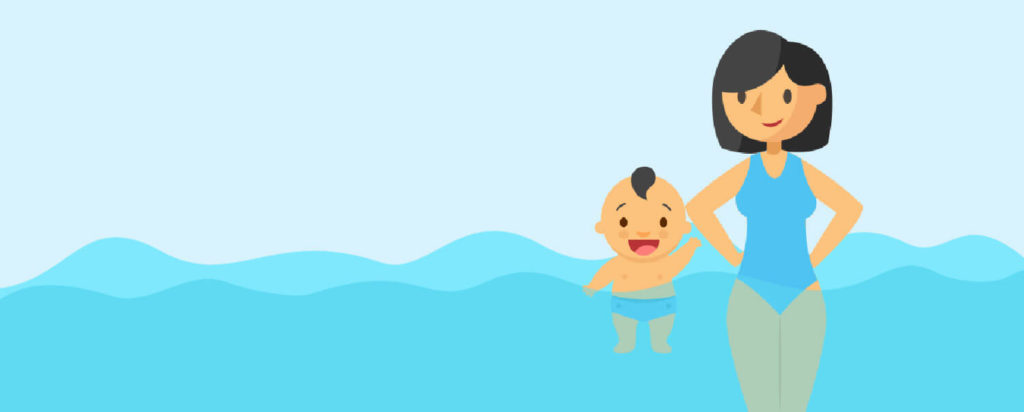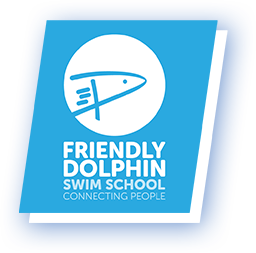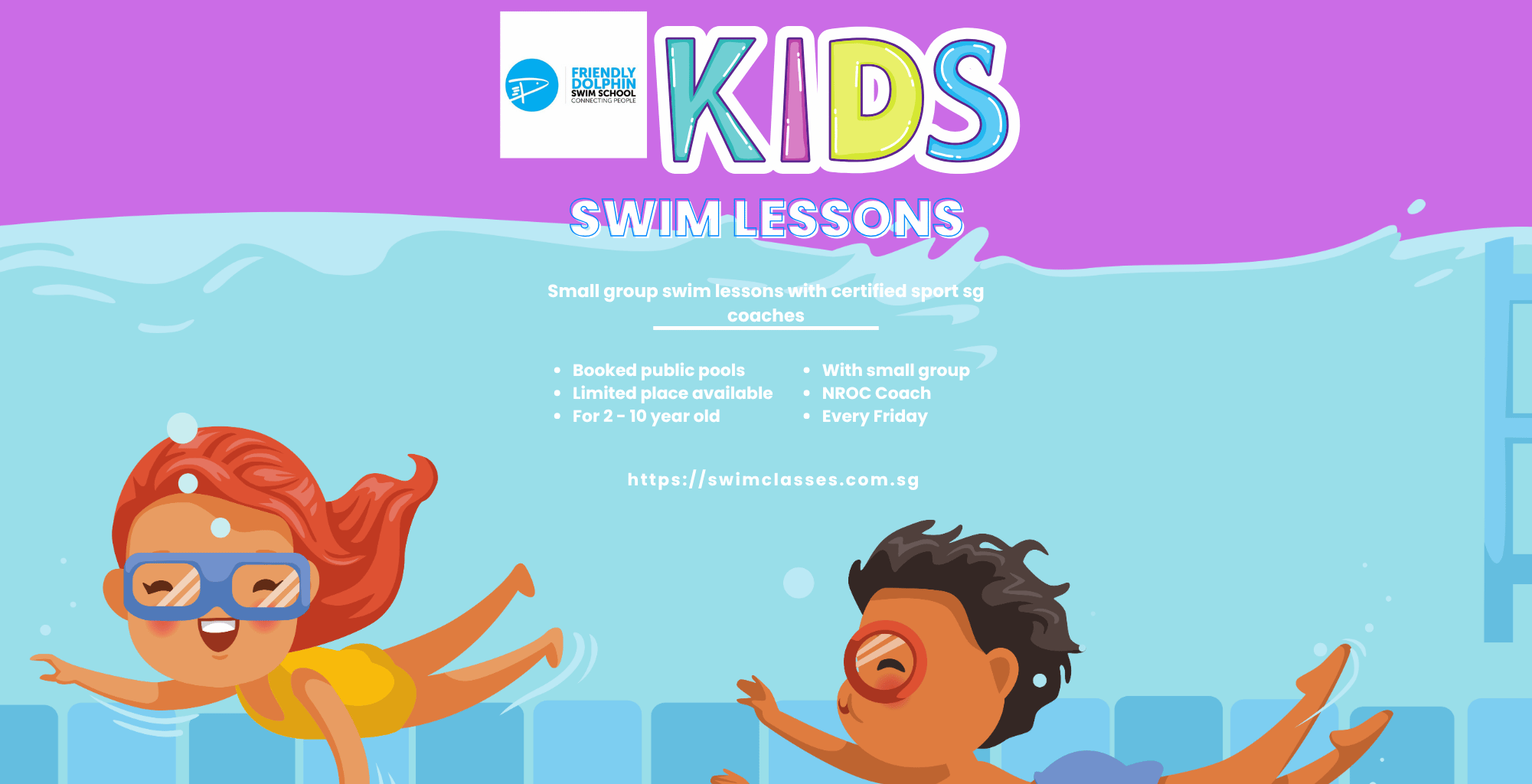10 Baby Swimming Lessons FAQs

To be relaxed with the baby and have a happy experience, you have to be informed as parents before taking them for baby swimming lessons.
Parents who do start swimming with babies tend to ask these same questions, which mostly refer to safety, conditions, and performances.
Will It Be Safe For Babies to go Underwater?
Friendly Dolphin Swim School supports the belief that water babies will hold their breath when submerged into the water during the first half of the year. Their bodies are designed to conserve oxygen automatically, and when newborn babies are exposed to the water, they make automatic swimming movements.
(However, there are also opponent swim schools and people who claim that after the birth, being in water ceases to be a natural function)
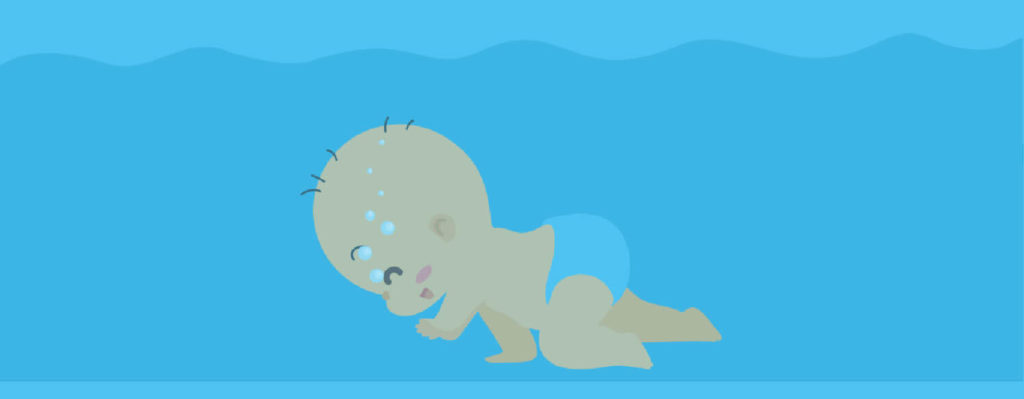
There are typically 2 kinds of responses and are triggered when the new born baby goes underwater.
Diving Response
First of all, the diving response: Whenever babies’ faces are exposed or in the water, the circulating blood will start to conserve the oxygen and start to utilize it most efficiently. This oxygenated blood will be directed to sustain the brain and heart for as long as 30 minutes. Not only submersion but simple submersion of the baby’s face will elicit this kind of “diving response”.
Babies that are submersed for only seconds at a time a few times per session will not be exposed to any risks.
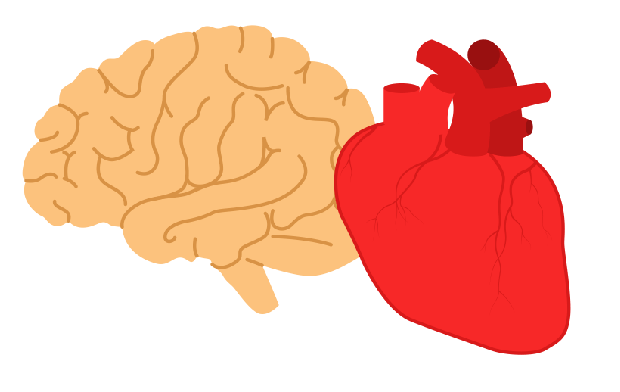
Diving Gag Reflex: Laryngospasm
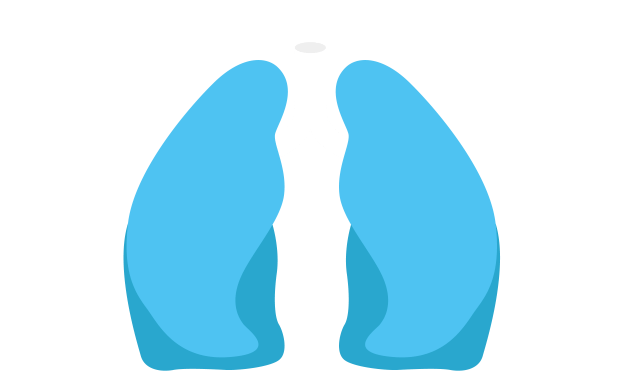
Secondly, a natural “gag reflex” also known as the laryngospasm. When the water gets into the baby’s mouth, the gag reflex will trigger an involuntary spasm of the glottis and the epiglottis, this will keep the water from entering the trachea or the windpipe to prevent inhalation of the water into the lungs.
Can Water Babies Drink Water?
Do remember that however the gag reflex does not close off the oesophagus and water can accumulate in your baby’s stomach, with the possibility of causing water intoxication. Parents and swimming instructors should or must watch that their infants do not swallow a lot of water when they are held prone. This risk of intoxication is extremely remote in a half-hour session in which you will practice a variety of exercises even if the baby tends to swallow water. Water intoxication is a rare condition. Unlike near-drowning and dry drowning, no water has entered the lungs. Symptoms to look out for are lethargy, irritability, and nausea. Do consult your doctor if you are concerned.
What is Diving Response and Laryngeal Reflex?
The introduction of the water in the upper airway of the newborn baby and infants’ arrest respiration through triggering a complex reflex at the entrance to the larynx.
An involuntary spasm will cause the epiglottis to close over the larynx, creating a watertight seal and preventing inhalation of water into the lungs via the trachea.
There are many similarities between the cardiovascular adjustments in the early reflex and in the diving response, which is stimulated when the babyface is immersed in the water.
Both will serve to protect life by directing the declining oxygenated blood to the brain and the heart when the breathing is interrupted.
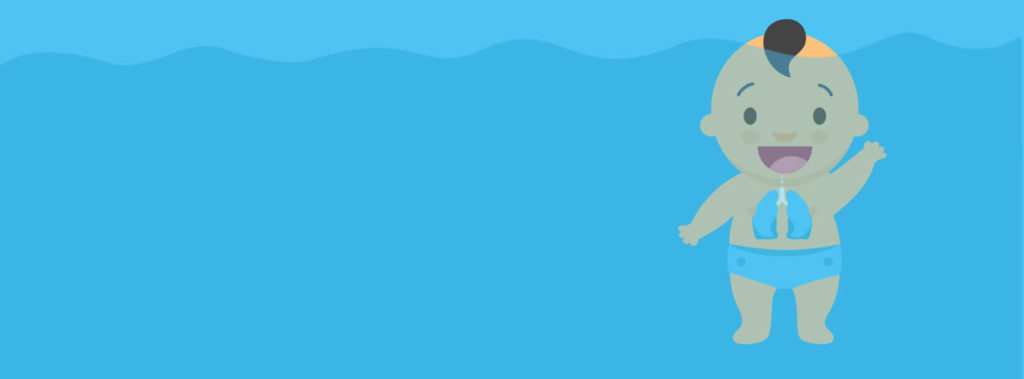
Notes
- The gag reflex will prevent the water babies from inhaling water but it does not close off the oesophagus, which will lead water to go into the stomach. Babies will occasionally swallow water, long and frequent submersions are therefore not recommended as this are more prone to causing water intoxication.
- Some babies will have more or a stronger diving response as compared to others. This response will diminish with age. Between the nine and 36 months, there is also a delicate transition to breath-holding which then triggers cardiovascular adjustments during diving.
When Can Babies Start Swimming?
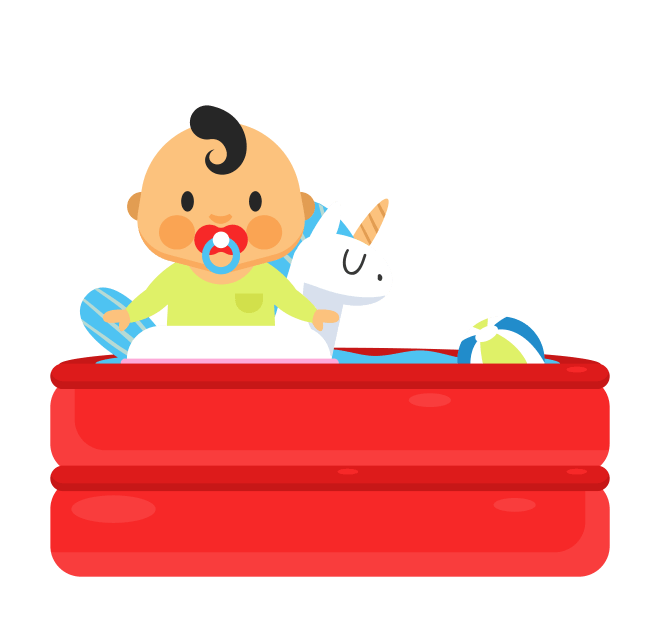
The first nine months after the birth will be the best prime time for baby swimming lessons, this time the babies will adjust easily to a water environment.
The later the babies are introduced to the water, the more likely they will object to the unfamiliar sensations and will thus experience fear.
Based on my experience, the optimal or the best time to start swimming lessons for baby will be between six and 16 weeks.
Do remember that however the gag reflex does not close off the esophagus and water can accumulate in your baby’s stomach, with the possibility of causing water intoxication.
Many parents will like to wait till their babies have all the immunizations done and are considered to be protected from polio, do consult advice from the doctor for advice if needed.
Although it is always the best to introduce your baby to water as early as possible, never feel the pressure to go to a pool. It is, in fact, possible for you and the baby to achieve a great deal at home in the bath as well.
Parents and swimming instructors should or must watch that their infants do not swallow a lot of water when they are held prone.
This risk of intoxication is extremely remote in a half-hour session in which you will practice a variety of exercises even if the baby tends to swallow water.
Water intoxication is a rare condition. Unlike near-drowning and dry drowning, no water has entered the lungs. Symptoms to look out for are lethargy, irritability, and nausea. Do consult your doctor if you are concerned.
How Long to Independent Swim?
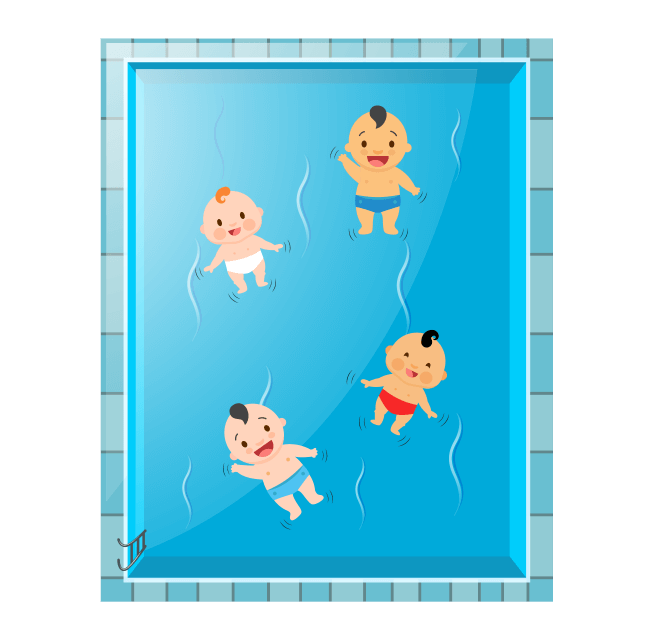
Many parents will expect their water babies to start swimming soon after they are introduced to the water. It all comes down to what is meant by swimming.
While some infants may start to move freely in water after just a few sessions, it will be very rare that they become able to swim unaided to a target before entering the second or third year.
Be more focused on the enjoying of being in the water with the baby as the main goal, avoid putting pressure on achievement and expecting quick results, both of which are counter-productive.
Some of the parents have this belief and under the impression that their babies will float from birth; few babies actually do, if any. Helping your baby to develop full buoyancy as he or she grows is part of the joy of swimming.
What If My Baby Does Like Water?
Every baby is different. Some newborn water babies will love water more than others and usually those with a higher proportion of fatty tissues.
Be extra mindful of the reactions and the words if the baby cries in the bath or in the swimming pools.
Rather than jumping into the conclusion that he does not like water, try to check that the temperature is warm enough to comfort him and aim to create a pleasurable associations each time the baby is exposed to water.
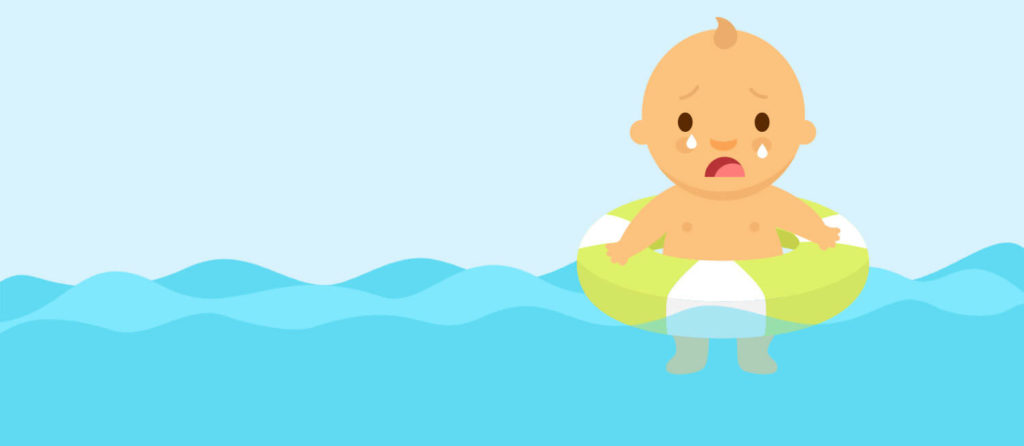
Health At Risk in Water?
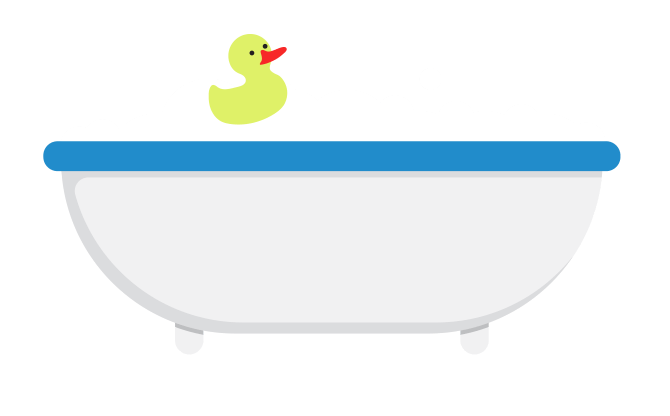
A well maintained, monitored and cared for public swimming pools pose lesser threats to baby’s health than your bathtub or private pools.
Bacteria that thrive in the hot and warm water are less of a hazard because of the chlorine’s effectiveness in swimming pools.
Take more precautions with young babies in lakes and on beaches because of the environmental pollution – babies who have not gone through immunization against polio are more at risk.
Babies who swim are also more likely to have ear infections.
Unless your baby has a perforated eardrum, it is not possible for the water in the outer canal to flow into the middle or inner ear where all infections will start.
Some simple preventive measures will work well with your baby after swimming will be very helpful; after getting out of the pool, turn your baby to each side to drain off any water from his ears before drying them well with towels.
Put on a woolen hat on the baby before going outdoors into the cold or wet weather. Except in situation whereby your baby or toddlers is having a sniffly cold, a chest infection, an ear or an eye infection, going to swim will unlikely worsen any mild condition.
In fact, swimming highly recommended to help clear common colds and be invigorating. It is medically recommended as the best exercise for asthmatic children since it does not produce any bronchial hyperactivity.
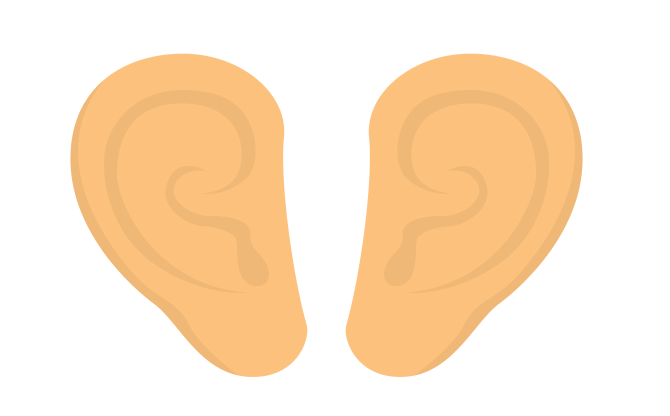
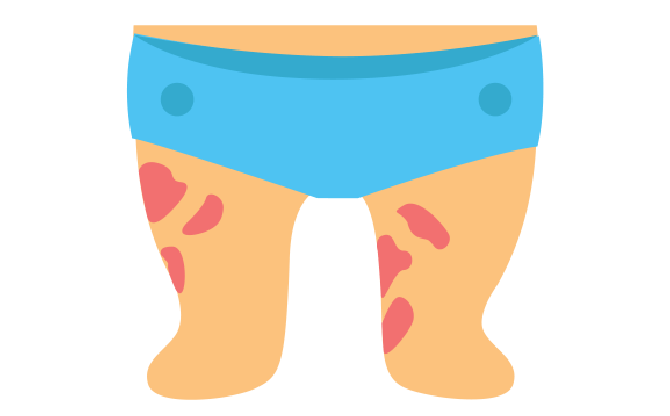
Also, be warned that babies with eczema may not be able to swim in chlorinated pools. After a couple of trials, you will be able to tell if the baby’s conditions are made worse by swimming. You may wish to seek medical advice.
Time to Leave Between Feed and Swim?
Young babies can be fed any time, including immediately before getting into the swimming pool. They rarely or seldom regurgitate milk or vomit in the water. Older babies who are fed solid food however may bring it up in the water if they have eaten just before the swimming, especially so if they have mucus in their stomachs.
If your babies tend to do this, avoid having snacks before going into the pool. You can prepare some healthy snacks for them to have it after swimming sessions or lessons. Loud burps during the water sessions are common and expected from babies. Cheer him or her up! If they get hiccups, avoid doing submersion as this might cause them to swallow water.
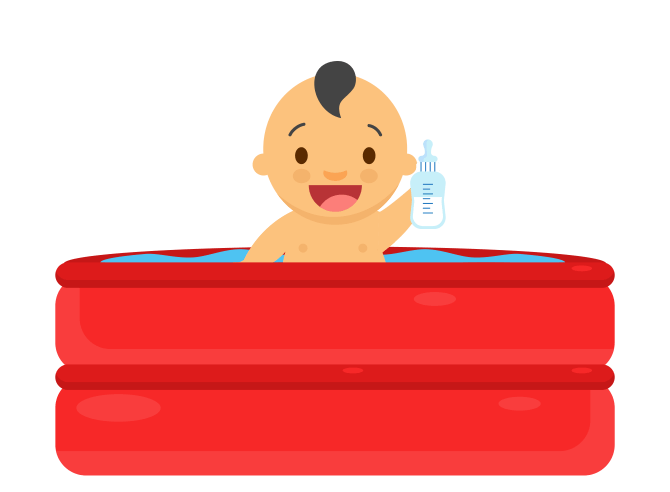
How to Prevent Baby Soiling?
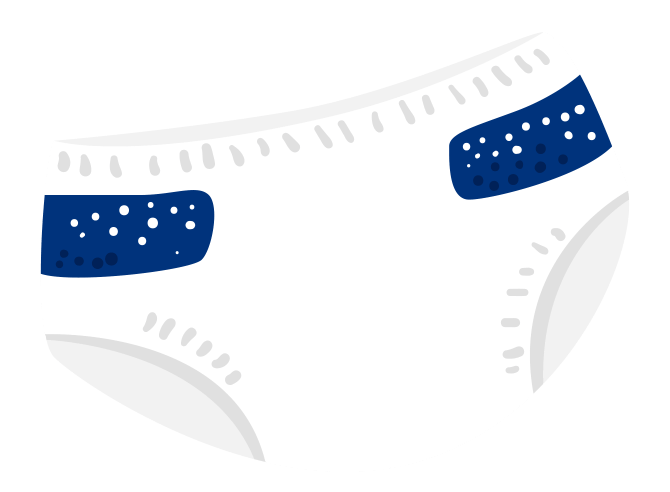
Do not let these possibilities worry you excessively. You can expect it to happen for the first time or more for water babies during the first two years of learning to swim regularly. If that happens, stay calm, remove the baby from the swimming pool without communicating alarm or worry.
Small amounts of fecal matter will be quickly filtered or netted out of the water. Some swimming pools will change the water after the “incident”, while others do not. Whatever the policy, remember that it can happen to anyone and make sure you see the funny side of it. Water babies swimming diapers are now available in all the stores in Singapore and are quite practical to have before any swimming lessons.
Non-swimmer Parent can Guide?
Friendly Dolphin Swim School has had many experiences conducting baby swimming lessons.
Teaching parents who do not know how to swim or not confident in water should stay motivated and help their water babies swim without fear.
Make sure however that you should try to be relaxed enough to regain your footing easily in case of slipping while holding your baby.
